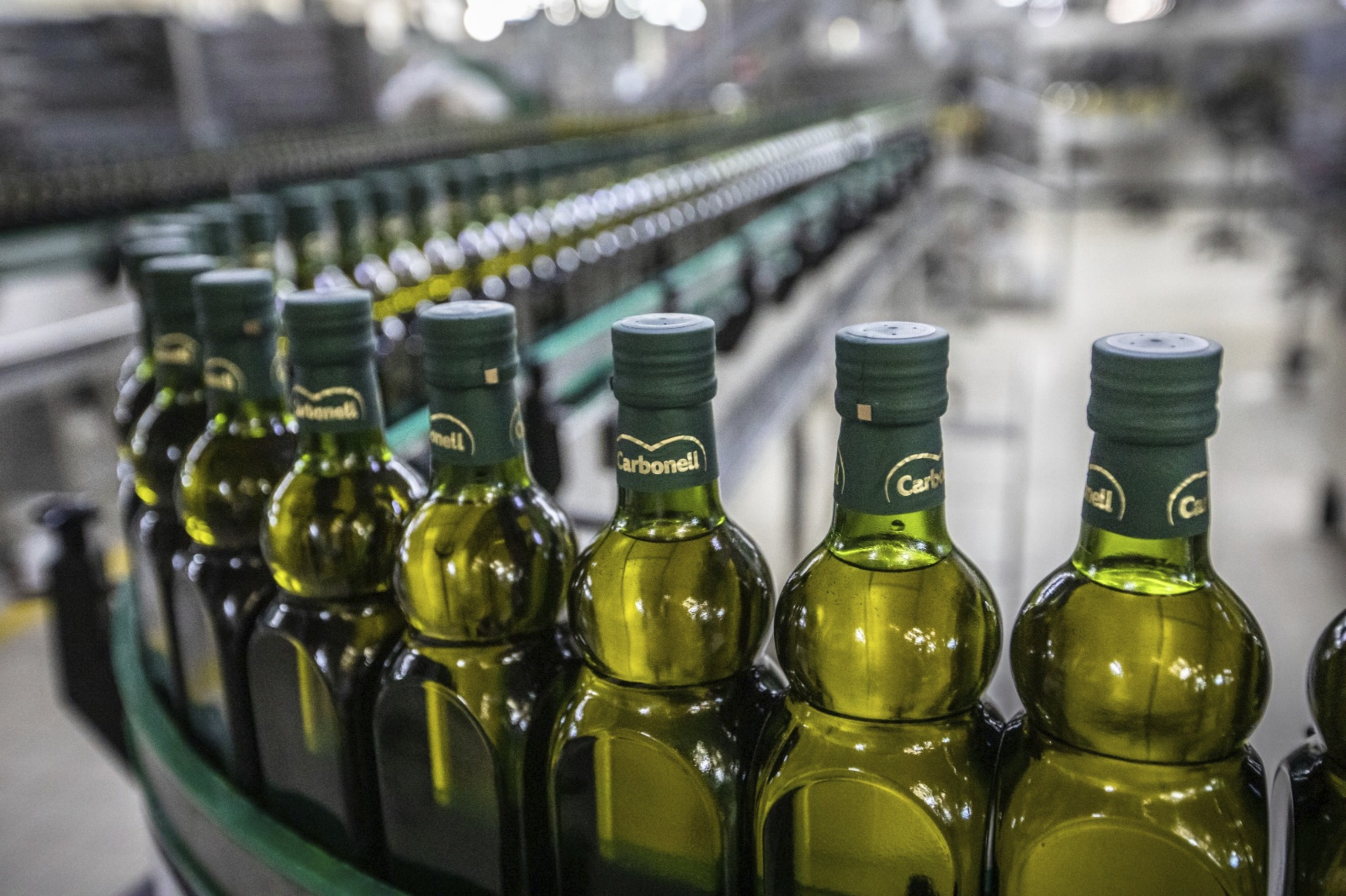The Spanish agro-industrial sector has received with deep concern the announcement by US President Donald Trump of imposing a 20% tariff on products exported to the United States. This is not the first time it has happened (it occurred during his first term in the White House from 2017 to 2023), but not in such a widespread manner. Back then, black olives (35%), wine, and olive oil (both at 25%) were the most affected by the tariff. Other affected products would be cheese (already subject to a 10% tariff, which would then increase to 30%) or legumes.
In an initial estimate, considering only olive oil and wine, the losses could reach 1 billion euros annually: "A real outrage," as described by Pedro Barato, president of Asaja. "A senseless absurdity that will not benefit anyone," points out Miguel Padilla, general secretary of COAG. "It is a supreme irresponsibility," warns the general secretary of UPA, Cristóbal Cano.
Unanimously, the agricultural sector warns: "We will not tolerate any link in the agri-food chain speculating in this situation and unjustifiably using tariffs to pressure down the low prices paid in the field," emphasizes Padilla. "You cannot disorganize what was organized," indicates Barato. The US is the first destination outside of Europe for Spanish food and beverages, with sales of 3.5 billion euros, of which around a billion correspond to olive oil, the main agri-food product exported to that country. The United States represents the second destination for agri-food exports from the European Union (EU), valued at around 27.2 billion euros. Globally, the EU recorded a trade surplus in agri-food with the US of 15.421 billion euros in 2023 (latest official figures available).
The consequences of these barriers to free trade are still unpredictable for the sector, beyond starting to calculate the possible losses economically: "The American consumer profile of Spanish olive oil and wine has sufficient purchasing power to absorb the impact of tariffs and also values the quality and healthy properties of our products above the price," reflects Padilla. In 2024, with high olive oil prices due to drought and lack of production, Spain gained a 4% share in the US market from our main competitor, Italian oil. In any case, the sector demands "firmness from the EU and the Spanish government to deploy all diplomatic tools at their disposal and normalize commercial relations as soon as possible."
In the same line of seeking dialogue, the Spanish Wine Federation (FEV) has urged to "redouble efforts and exhaust any avenue for a negotiated solution before the tariffs announced come into effect," as stated in a press release, highlighting that the economic barrier "represents a significant blow to Spanish wineries, for which this market is the second largest export destination overall and the first for sparkling wines."
The general director of this entity, José Luis Benítez, has explained that these tariffs "are totally unjustified in the case of wine" considering that currently the tariff difference "between the rates applied by the EU and the US is minimal." He also emphasized that the US market is "crucial" for the economic sustainability of the EU wine sector, and there is currently no alternative market that can compensate for the loss.
Meanwhile, the Spanish Olive Oil Interprofessional Organization (OIVE) has expressed confidence that the Spanish and European administrations will take "a firm and coordinated stance to prevent the sector from being penalized by unilateral decisions beyond its control." In this regard, it added that "wine is a strategic sector for our country, with a strong international presence that must be protected against measures that compromise its competitiveness and stability."
The deputy director of the Spanish Association of Olive Oil Exporting Industry and Commerce (Asoliva), Rafael Pico, has pointed out that "many details are still unknown" about Donald Trump's announcement to make a comprehensive assessment of how it will affect the sector: "We need to know if the tariff applies to all packaging, all qualities, and all packaged or bulk products," Pico stated, facing a "very general" measure, although he acknowledges the "concern of the sector," among other things because there is currently no alternative market to the US: "It is an 'irreplaceable' destination." The US accounts for 50% of global consumption outside the EU.
Olive oil sales in the US represent more than a quarter of total agri-food exports, having reached 1.013 billion euros in the last fiscal year (180,000 tons of oil, half with a Spanish brand and the other half in bulk): "In recent years, we have explored other markets, but there are none of similar size, in addition to having made significant investments for exporting our product under the best conditions, and all of that is at risk."
Spanish black olives will now face higher economic burdens than in the first four years of Trump's term. From 35% to 55% tariffs, leading to an "impossible" situation for the sector, as expressed by Antonio Mora, general secretary of the Association of Table Olive Exporters and Industries (Asemesa). It is important to note that main competitors like Turkey, Morocco, and Egypt currently have only a 10% quota, in addition to a 4% general tariff. The situation has been complex in recent years because before the tariffs, Spain sent 40% of its black olive production (32,000 tons) and 60% of green olives to the US, but these figures have dropped in the last seven years to 8,500 tons and losses of 280 million by the end of 2024.
